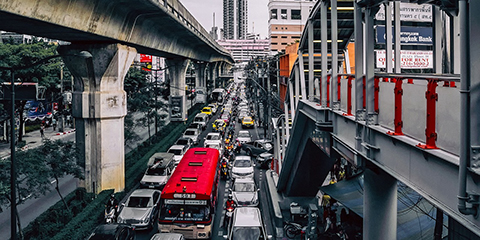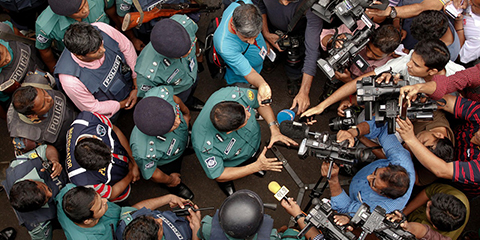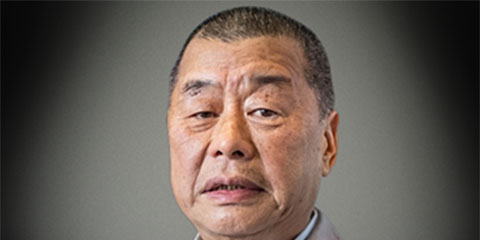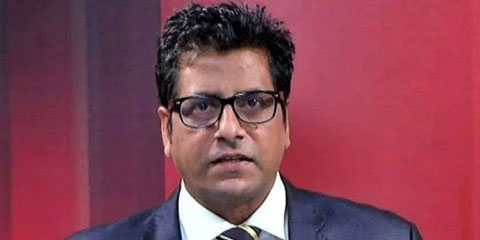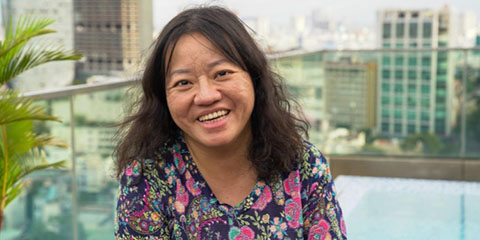Journalists in Afghanistan face increasing persecution in fourth year under Taliban
JournalismPakistan.com | Published 4 months ago | IFJ Media Release
Join our WhatsApp channel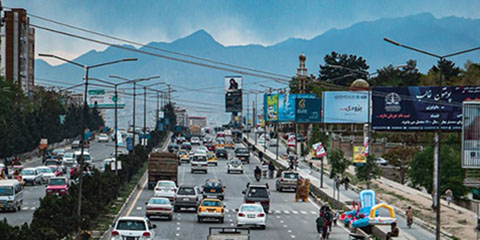
SYDNEY—Afghanistan’s media continues to suffer escalating persecution on the fourth anniversary of the Taliban’s takeover, with the regime systematically decimating independent journalism, introducing oppressive media censorship and restrictions on women in media, and subjecting journalists to persistent violence, detainment, harassment, and intimidation. The International Federation of Journalists (IFJ) strongly condemns the Taliban’s ongoing assault on press freedom and urges the de facto authorities to ensure all media workers can work safely and securely.
In the four years following the fall of Kabul on August 15, 2021, IFJ has monitored the Taliban’s relentless assault on freedom of expression and association, working conditions and job security, and the shuttering of independent media, with hundreds of Afghan journalists forced into exile globally. Afghanistan is currently ranked 178 out of 180 countries surveyed in the 2024 World Press Freedom Index, a fall of 44 places from 2023. A report by the Afghanistan Journalists Center (AJFC) in March 2025 recorded 172 violations against journalists and media outlets over the past 12 months, representing a 24 per cent increase in media rights violations compared to 2024.
According to the IFJ’s South Asia Press Freedom Report 2024-2025 (SAPFR 24-25) for the period May 1, 2024, to April 30, 2025, more than half of Afghanistan’s media outlets have ceased operations since August 2021, with 22 closures taking place in the past year. The approximately 470 outlets still active are forced to only report content aligning with draconian Taliban directives. The SAPFR 24-25 recorded 48 media violations and 28 arrests of journalists in the period, with persistent surveillance, control, and intimidation leaving most remaining journalists and media workers either unemployed or heavily censored.
In July 2025, seven media workers were detained by the Taliban’s Ministry for the Propagation of Virtue and Prevention of Vice, on allegations including supporting women’s employment in media and receiving funds from the United Nations Assistance Mission in Afghanistan. On August 7, three staff members of Daikundi station Radio Nasim were detained and subsequently released, with equipment seized, while on May 22, Radio Khoshhal editor Solaiman Rahil was sentenced to three months in prison for allegedly publishing social media posts critical of the Taliban.
Women in media across the country continue to experience severe repression under the regime, with the number of working female journalists falling from 2,833 before 2021 to just 747 in 2025, according to the IFJ SAPFR 24-25, a decrease of 74 per cent. In a statement on August 11, UN Women said, “the Taliban is closer than ever to achieving its vision of a society that completely erases women from public life,” introducing directives excluding women from public spaces, requiring face covering, barring travel without a ‘male guardian’, and disallowing education after the age of 12. In April 2024, the Taliban prohibited the broadcast of women’s voices across all media, with 54 of the 80 directives issued to date directed at women.
Media restrictions have also extended to include the banning of the depiction of living beings, including animals, as well as the broadcast of music, political programs, and policy debate, in addition to 15 other directives that limit press freedom introduced between 2021 and 2023. The IFJ has continued to work closely with its affiliate, the Afghan Independent Journalists Union (AIJU), to support journalists on the ground and in exile since 2021 and has consistently called for further international support and solidarity to safeguard Afghanistan’s media community.
The IFJ said: “IFJ continues to stand in firm solidarity with all Afghan journalists, who have continued to hold truth to power in an extraordinarily hostile environment under Taliban rule. In the four years since the Taliban takeover, the independent media landscape has been decimated, and ever-increasing draconian directives have regressed fundamental rights to new lows. IFJ reiterates its calls for the Taliban to take urgent action to ensure all journalists can work safely and without fear, and for the international community to increase its critical support for the media community in Afghanistan and in exile.”



